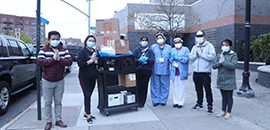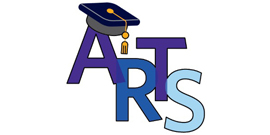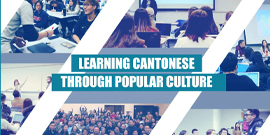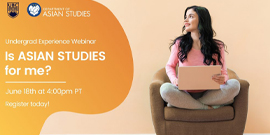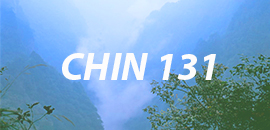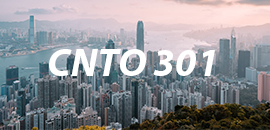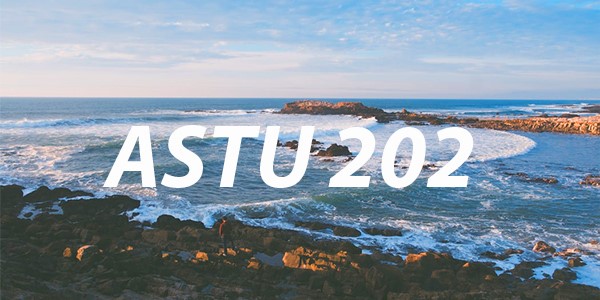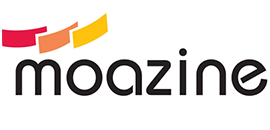
June 30, 2020 The Update is a regular roundup of news in the Department of Asian Studies for our Students, Faculty and Staff |
|
||||||
 |
||||||
Farewell Message from Outgoing Departmental Head Ross King To all Asian Studies Staff, Students, Faculty, Alumni and Friends: My tenure as your Head of Department ends officially at 5PM on Tuesday June 30, and what a bittersweet moment it was! Back when I was promoted to Full Professor in 2007, I had half assumed that I might have to serve in this capacity for at least a few years at some point, but little did I know that it would happen so soon or last so long... I started my first term on July 1 2008, so by the time you factor in the two Administrative Leaves I had along the way (with thanks again to Harjot Oberoi and Joshua Mostow for holding down the fort as Acting Head during those leaves), it has been 12 years of flying the flag for our Department and struggling to keep my daily email Inbox under control. As the old saying goes, you can’t keep all the people happy all the time, and given some of my personality shortcomings, there may have been times along the way when I either disappointed, offended or annoyed many of you in some way. Perhaps even multiple times. If so, I can only ask your forgiveness. And I want to thank you all for your patience, forbearance and support. There is no training in the world that can adequately prepare a person to serve as Head of Department. You only learn it by doing it, and by screwing up many times along the way. In my own case, I felt like it took the first four years just to learn the job. So I happily accepted another four years, if only to recoup my sunk investment. But as these last two years wrap up, I am now keen to get back to numerous stalled research projects (and trying to get my weight and blood pressure down…). So at the risk of boring you all, let me recount some of the accomplishments dearest to my heart, and finish with some challenges for the future, building on a short document I was asked to prepare for the search committee convened to select our new Head last fall. |
||||||
|
||||||
|
||||||
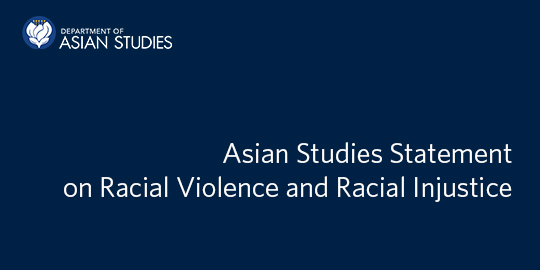 |
The Department of Asian Studies stands in solidarity with Black, Indigenous, and People of Color (BIPOC) on the UBC campus, in Canada, on this continent, and around the world in their demands for an end to systemic racism and racialized violence. At this watershed moment when the deaths of Black and Indigenous people like Eishia Hudson, Breonna Taylor, Regis Korchinski-Paquet, George Floyd, and Jason Collins at the hands of police in Canada and the U.S. have brought renewed calls for justice, we commit to undertaking new initiatives to reflect on our particular connections to anti-Black and anti-Indigenous racism and, on the basis of that reflection, make necessary changes. Click here to read the full statement on our website with a short list of resources at UBC and beyond. The first step in the process of transformation is to listen and learn. Accordingly, we here offer a short list of resources at UBC and beyond. We are also constructing a list of resources, articles, and scholarship that specifically address Black and Indigenous issues in Asia, racial injustice issues specific to Asia, or the triangulations of Black, white, and racialized Asian diasporic communities, which can be found here. |
| FEATURED COURSES | ||||||||||||
|
||||||||||||
| ALUMNI SPOTLIGHT: Kenneth Wong |
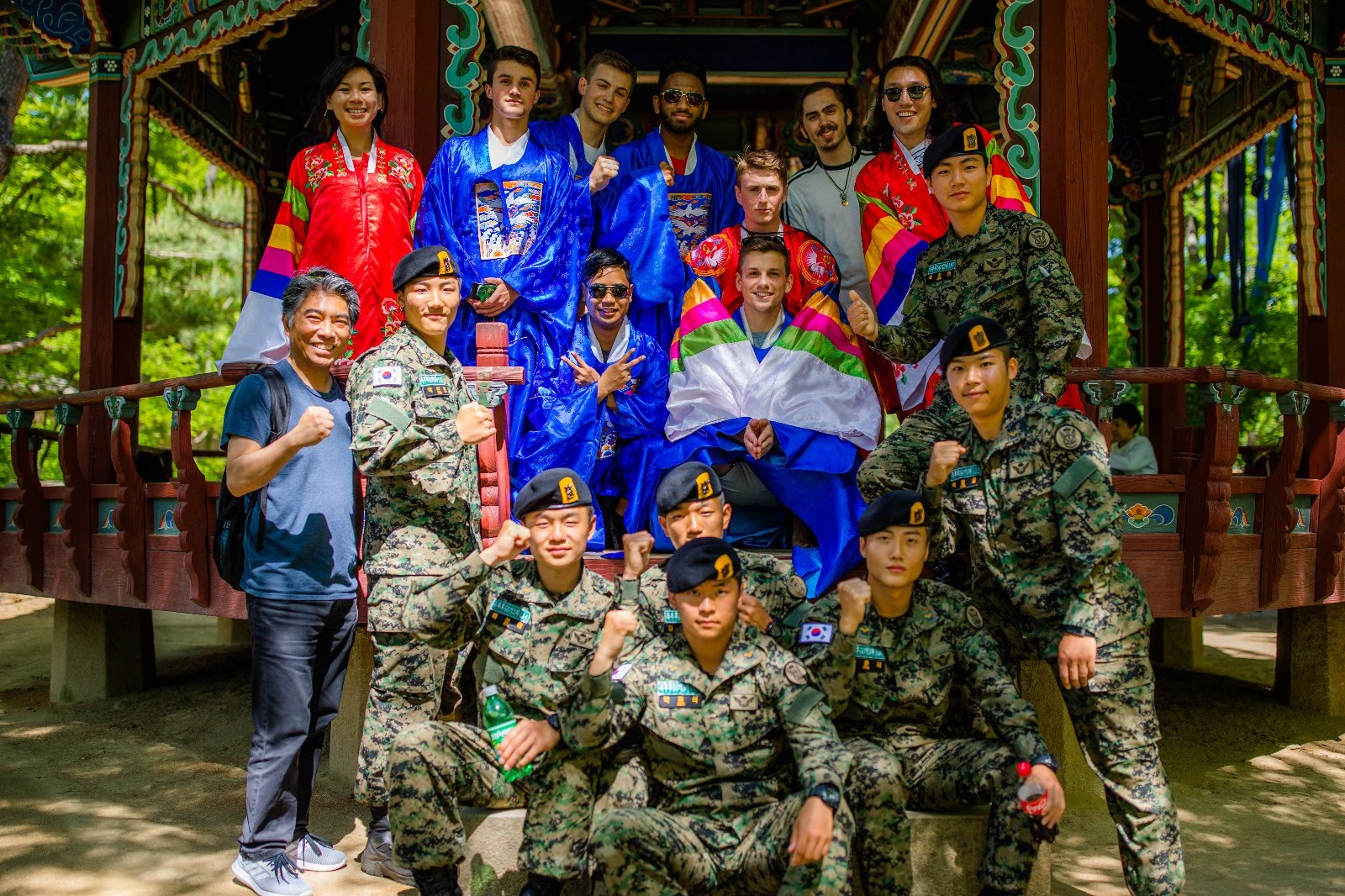 |
Interested in what you can do with a degree in Asian Studies? In our Alumni Spotlight Interview Series, we ask our alumni about their career paths, how they became interested in Asian Studies and for any advice they would give to current students. Tell us a little about yourself, your background and how you became interested in Asian Studies? I was born in Hong Kong and immigrated to Canada in the 70s. Went through high school in Vancouver and then headed straight into UBC. I quickly discovered that I was not made for Science and switched to Arts in 2nd year. I took Chinese 100/101 and rediscovered my own culture. My mentor Dr. John Howes convinced me to major in Asian Studies. A friend then encouraged me to explore Japanese as at that time in the 80s, Japan was quickly on the rise. Toyotas and Hondas were becoming popular; Tokyo fashion was at par with that of Paris, London and New York; and JPop culture was gaining a large fan base in Asia. I struggled with Japanese 100 in the first month but once I grasped the basics with the help of my prof Dr. Soga, I found my new love. By the time I graduated, I have taken every Japanese language course there was at UBC. I then wrote the Mombusho Scholarship exam and was accepted into Hokkaido University in Sapporo in 1985. That ended up being one of the best years in my life. Has learning an Asian language helped you in your personal or professional life? What tips do you have for students who are keen to play the ‘language card’ in their career development? Absolutely! Japanese has opened so many doors for me, and I am still able to use Mandarin on my field studies trips nowadays. With language, there is no shortcut. You must practise and practise. Speaking, reading, writing, and listening. All of it. Watch shows without caption to reinforce your listening skills (that’s how I learned English). Have fun doing it. Learn phrases of interest to you. I learned wo ai ni, aishite iru, and saranghae pretty quickly. But seriously, as you probably know this already, language is made up of more than just words. There’s also tone and body language. That was the missing element for me until I spent a year in Japan. And know this. You may always have an accent, but you can become fluent. After one year in Japan, a taxi driver thought I was native, and when I said I must have an accent, he said I did, but thought it was a southern Japanese dialect. Go find opportunities to really use your new language skills. After returning to Vancouver, I entered the first-ever Japanese Speech Contest at UBC in 1989 and came in first place. Knowing that I am a foodie, Fairchild TV invited me to audition for a cooking show host in 1999. They were looking for a Cantonese-speaking host who also shares a passion for cooking. I had no acting experience and I sure didn’t know how to prepare proper meals. Fortunately, I didn’t have to cook. There was a chef. I just needed to speak in Cantonese. So, you never know. When opportunity knocks, grab it and you’ll figure it out along the way. |
| Inspiration in Isolation |
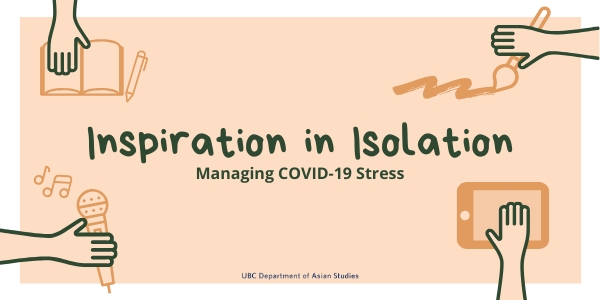 |
In this new series, Asian Studies faculty, staff, students and alumni are sharing their challenges and experiences in the transition to working online and teaching from home. We're adding new stories all the time! Click the link below to find out the new skills, old habits, technological challenges and words of ancient wisdom that they've come to live by. If you would like to take part, please email sophie.gardner@ubc.ca |
| ASIAN LIBRARY NEWS | ||||||
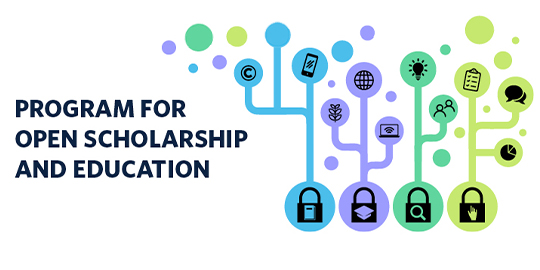 |
||||||
Program for Open Scholarship and Education (POSE) The Program for Open Scholarship and Education (POSE) is a new one-year flexible and blended program jointly presented by the UBC Open Working Group, the Centre for Teaching, Learning and Technology and UBC Library. The program will help you develop foundational knowledge of Open Scholarship, Open Education and Open Research. By completing this program you will gain the tools and strategies to become proficient in supporting and advocating for open practices. The program is intended for faculty, staff, postdocs, and graduate students with an interest in open research, open access, open data and open education. |
||||||
|
||||||
| OPPORTUNITIES |
 |
2020W Asian Studies Winter Sessional Lectureships The Department of Asian Studies invites applications for part-time sessional lecturers for the 2020 Winter Session. Follow this link for more details on courses and course schedules. A minimum of an MA in a related field and teaching experience in a related field at a North American college/university level is required. The application dossier should include a letter of interest, CV, and the names and addresses of three referees. All application materials should be submitted online at this link. The deadline for the receipt of application is July 6th, 2020. For more information, see here. UBC Political Science Students' Association - 2020-21 Executives Are you positive, motivated, and have an interest in Political Science? The UBC Political Science Students’ Association is hiring executives for the 2020-21 school year! We are looking for responsible and driven individuals to serve our community of political science students! As an executive, you will have the opportunity to gain valuable experience while building relationships with students and faculty in the Political Science department (though all UBC students are eligible to apply). To apply, please: 1) Read the Hiring Package for job descriptions: 2) Complete the application form. Apply before Sunday July 10th at 11:59PM (PST)! Shortlisted candidates will be emailed to arrange an Interview. For more information, see here. Consulate General of Japan: 2021 MEXT Research Student Scholarship The Ministry of Education, Culture, Sports, Science and Technology (MEXT) of the Government of Japan is currently accepting applications for the 2021 Research Student Scholarship for students who wish to study at Japanese universities as research or post-graduate students. The Research Student Scholarship is aimed at university graduates, born on or after April 2, 1986 (for the 2021 scholarship year). The area of research or post-grad study should be in the same or related field that the applicant has previously studied. Due to COVID-19, the term of the scholarship is only available for 18 months starting October 2021. The application deadline for the 2021 scholarship year is July 17, 2020. For more information, see here. The Laura Bassi Scholarship, which awards a total of $8,000 thrice per annum, was established by Editing Press in 2018 with the aim of providing editorial assistance to postgraduates and junior academics whose research focuses on neglected topics of study, broadly construed. The scholarships are open to every discipline and the next round of funding will be awarded in August 2020. The deadline to apply is July 25, 2020; results will be known on August 15, 2020. All currently enrolled master’s and doctoral candidates are eligible to apply, as are academics in the first five years of their employment. Applicants are required to submit a completed application form along with their CV through the application portal by the relevant deadline. Further details, previous winners, and the application portal can be found here. The Society of Fellows (Princeton University): Fellowship Applications Open The Society of Fellows at Princeton University, an interdisciplinary group of scholars in the humanities and social sciences, calls for fellowship applications annually. For the 2021-2024 competition, three fellowships will be awarded: Open Discipline (2) and Humanistic Studies (1). Graduate students are encouraged to apply: both those now finishing their Ph.D., and those who received their degree after January 1, 2019. Also especially welcome are candidates from underrepresented backgrounds. The application deadline is August 4, 2020; letters of recommendation may be submitted until August 11. Please find a link to the printable call for applications here, and more information here. Critical Asian Studies: Call for Submissions Critical Asian Studies, a Taylor and Francis multidisciplinary academic journal, is soliciting 500-1,500-word online blog posts to for a linguistically and culturally diverse readership. With a focus on practice more than theory, the blog is now publishing posts emphasizing empirical evidence from early career scholars about emerging scholarship and research on new and critical topics infolding across Asia on the themes of research and opinion on politics, economic realities, or another critical topic in an Asian region, or reflections on fieldwork highlighting methods employed across various disciplines for research, analysis, and data collection. Deadlines for submission are on the last Friday of each month. If you would like to submit or propose a post, respond to webeditor.criticalasianstudies@gmail.com with your interest and potential topic. Canadian Journal of Undergraduate Research (CJUR): Call for Submissions CJUR is a multidisciplinary student-led publication that aims to provide an accessible platform for undergraduates from all Universities across Canada to gain experience in academic publishing, and was founded in 2015 at the University of British Columbia. Submissions are peer-reviewed by graduate students with experience in the field of the submission. CJUR is a great way to build your CV and have something to show for all your hard work! We accept manuscripts on a rolling basis, but the sooner you submit, the sooner you will hear back from us. For information on submission guidelines, please visit the CJUR website or email cjur.uro@gmail.com. |
| ON & OFF-CAMPUS EVENTS |
 |
UBC 3-Minute Postdoc Slam 2020 July 2 | Online via registration July 3 | Reserve entry time online UBC Summer Virtual Tandem Program July 8 | Online via registration UBC SPPGA Institute for Future Legislators Virtual Series Until August 13 | Online via registration #MOA From Home: Stay Connected Online Ongoing Ongoing |
| ||||
|
This email is intended for asian.studies@arts.ubc.ca.
Unsubscribe |

